Who Am I? What is My Journey?
- Home
- Who Am I? What is My Journey?
Introduction
My name is Osama Khan, and my journey is a testament to perseverance, adaptation, and the power of language. Having lived in Germany for over 18 years, I’ve transformed from a newcomer with zero German language knowledge into a native-level speaker, a successful professional in leading German conglomerates, and a dedicated educator helping others navigate their own paths in Germany. This is the story of my evolution, from a young student arriving in a new country to becoming a project manager at Mercedes-Benz and a language instructor at Volkshochschule (VHS).
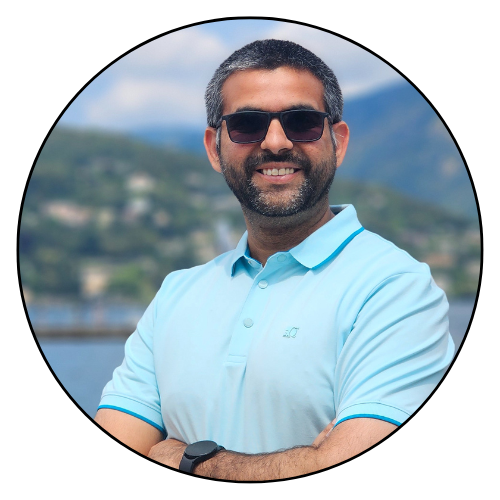
My German Language Journey: From Zero to Native
My arrival in Germany in 2007, at the age of 18, marked the beginning of an unexpected linguistic adventure. My initial plan was to pursue my bachelor’s degree in English at a private university, with no intention of learning German. However, reality quickly set in upon landing at Bremen Airport. Every sign, every conversation, was in German. It became clear that to truly integrate and thrive, mastering the language was not an option but a necessity.
I started with A1.1 German courses at my university, attending two 1.5-hour classes per week. This was a beginner’s course, requiring no prior knowledge. I progressed through A1.2, A2.1, and A2.2, slowly building my vocabulary and ability to form simple sentences.
However, my early summer breaks were spent outside Germany, which hindered consistent practice. It wasn’t until my third year of bachelor’s, when I began B1.1, that I truly committed to practicing German outside the classroom.
The Immersion Technique: My Secret Weapon
The turning point in my language acquisition came during a summer internship in Freiburg in 2011. This three-month period was monumental. I actively sought opportunities to speak German, from searching for an apartment to interacting with colleagues and supervisors at my internship. It was here that I unconsciously adopted what I now know as the ‘immersion technique’.
This technique involved feeding my mind German through all my senses. I started watching German TV, beginning with simple news shows like ‘Logo’ on ZDF, which used easy language for children. I kept a diary to note down unfamiliar words, later looking them up on leo.org to understand their meaning and conjugation. If a word was relevant to my daily life, I made a conscious effort to incorporate it into my vocabulary.
Listening to German radio, particularly Deutschlandfunk, helped me accustom my ear to the language. I also watched German talk shows, even if I only understood a fraction of the high-level discussions. A significant step was re-watching my favorite English TV shows, like ‘Friends’ and ‘Scrubs’, with German dubbing. Initially, I used English subtitles, gradually transitioning to German subtitles, and eventually, no subtitles at all. This contextual learning, combined with consistent vocabulary revision, rapidly expanded my German
proficiency.
Beyond media, I actively engaged with German friends, participating in activities like cooking and traveling, always striving to communicate in German. This not only improved my language skills but also deepened my understanding of German society and culture, fostering a sense of integration.
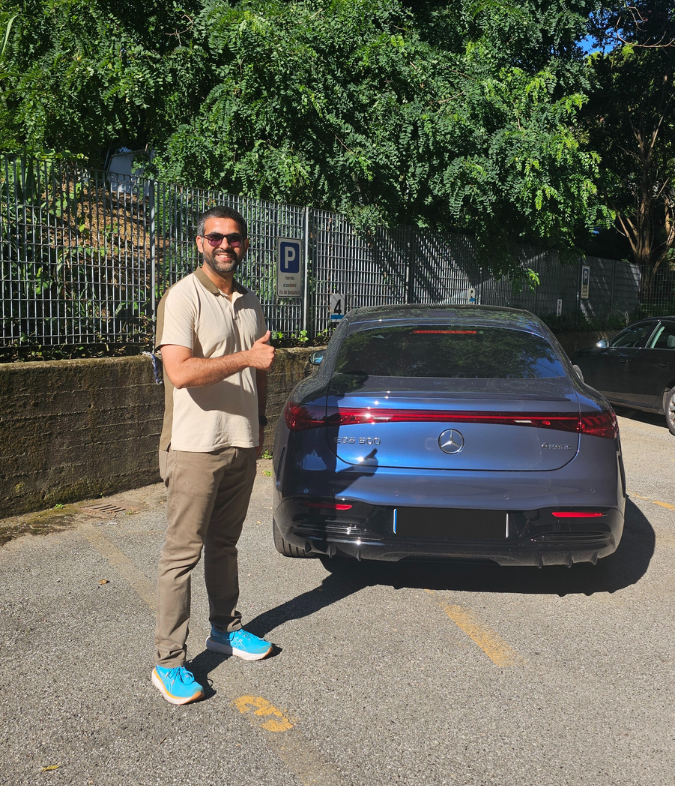
Professional Fluency and Beyond
My commitment to German continued into my master’s studies. Recognizing the importance of language for career opportunities, I translated my CV and cover letters into German and began applying for internships. This significantly increased my interview calls, as German companies often prefer applications in their native language.
In 2011, I secured a summer internship at Triumph in Freiburg. This experience further solidified my German. Later, I had the opportunity to complete my master’s thesis at Bosch in Stuttgart, a major German conglomerate. The interview was entirely in German, and my ability to communicate effectively in the language was a key factor in securing the position.
I continued to practice immersion, speaking German with colleagues and even pursuing a C1.1 course during my master’s. By 2013, when I interviewed for an industrial PhD position at Bosch, I was fully fluent. My communication with professors, supervisors, and colleagues was entirely in German. At this point, I confidently added ‘full professional fluency’ in German to my CV. Today, as a project manager at Mercedes-Benz, all my professional communications, emails, presentations, and discussions with department heads are conducted in German. My managers consistently commend my German language communication skills, which have also
opened doors to leadership positions within the company.
My journey from knowing no German to achieving native-level fluency and professional success in Germany is a testament to the power of consistent effort, strategic immersion, and an unwavering commitment to integration. It’s a path that anyone can follow, proving that with dedication, language barriers can be transformed into bridges to new opportunities.
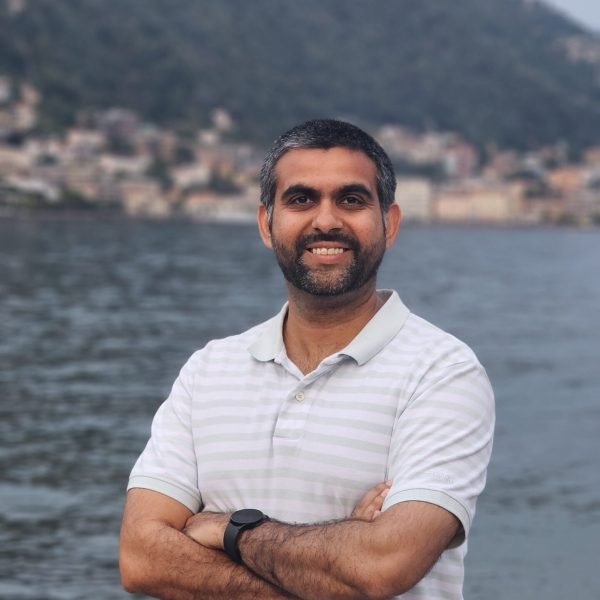
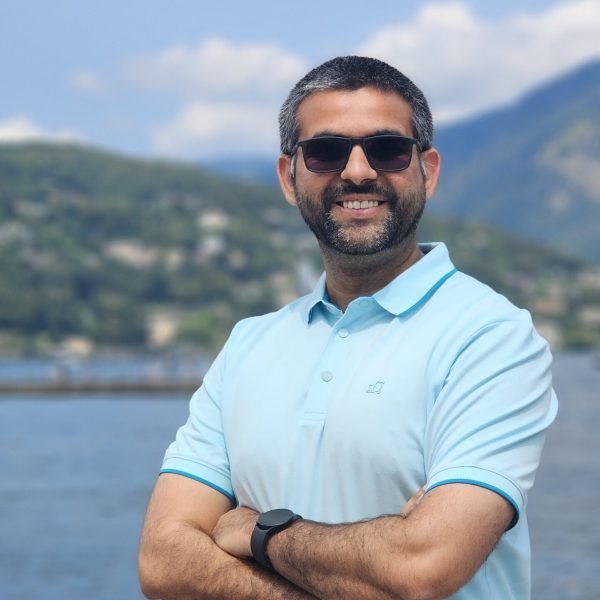
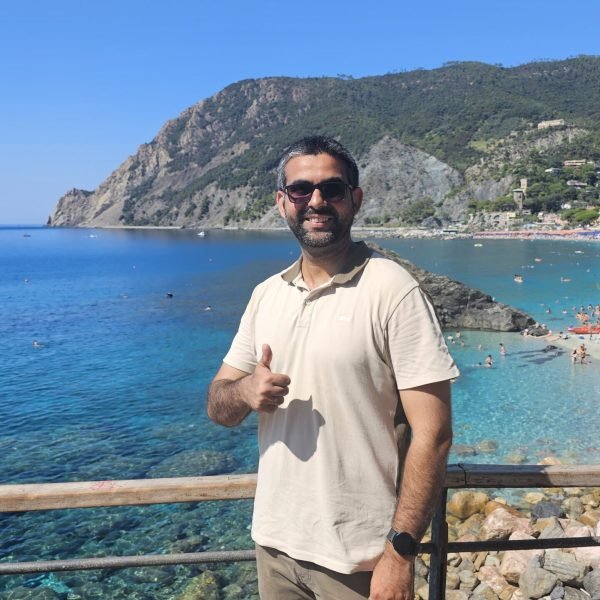
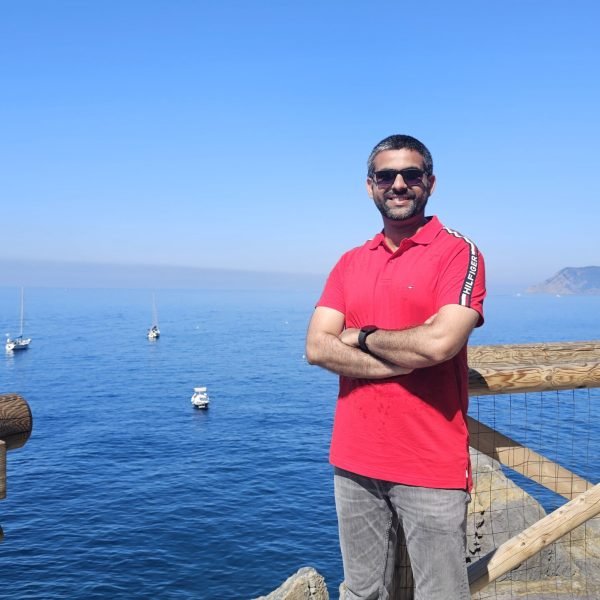
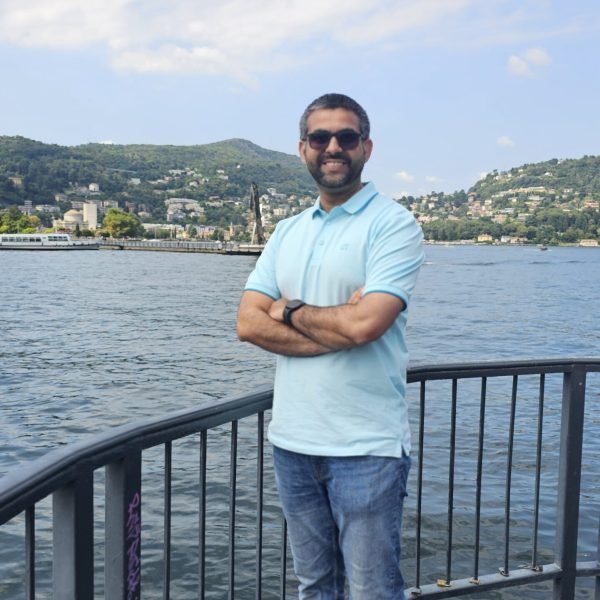

My Professional Journey: From Engineering to Leadership
My academic background in electrical engineering laid the foundation for a dynamic career in Germany’s leading industries. After completing my bachelor’s degree in 2010, a period marked by global financial recovery, I recognized the critical role of German language proficiency in securing employment. While my technical knowledge was growing through my university studies, I understood that fluency in German was equally vital for navigating the German job market.
My master’s degree provided further opportunities to bridge this gap. I proactively converted my CV and cover letters into German, a strategic move that significantly
increased my chances of securing interviews. This proactive approach led to an invaluable summer internship at Triumph in Freiburg in 2011, where I not only gained practical engineering experience but also immersed myself further in the German language and culture. This period was crucial in accelerating my speaking and listening skills.
The pinnacle of my academic and early professional journey was undertaking my master’s thesis at Bosch in Stuttgart. This was a deliberate choice to gain corporate experience within a German company, knowing that such an experience often leads to job offers. My ability to conduct the interview entirely in German was a significant advantage, demonstrating my commitment and readiness for the German professional environment. During my time at Bosch, I continued to refine my German, engaging actively with colleagues and supervisors.
In 2013, my dedication to both my technical field and language mastery culminated in an offer for an industrial PhD at Bosch. This was a testament to my integrated skill set, allowing me to combine advanced research with practical industrial application. My communication throughout the PhD, from meetings with professors to daily interactions with my team, was conducted entirely in German, solidifying my professional fluency.
Today, I am proud to be a Project Manager at Mercedes-Benz, one of the world’s most iconic automotive companies. My role demands constant communication, and I conduct all my professional interactions—emails, presentations, and discussions with senior leadership— in German. The positive feedback I consistently receive regarding my German communication skills has been instrumental in my career progression, opening doors to leadership positions within the company. My journey reflects how a strong command of the local language, combined with technical expertise, can unlock significant professional growth and opportunities in Germany.
